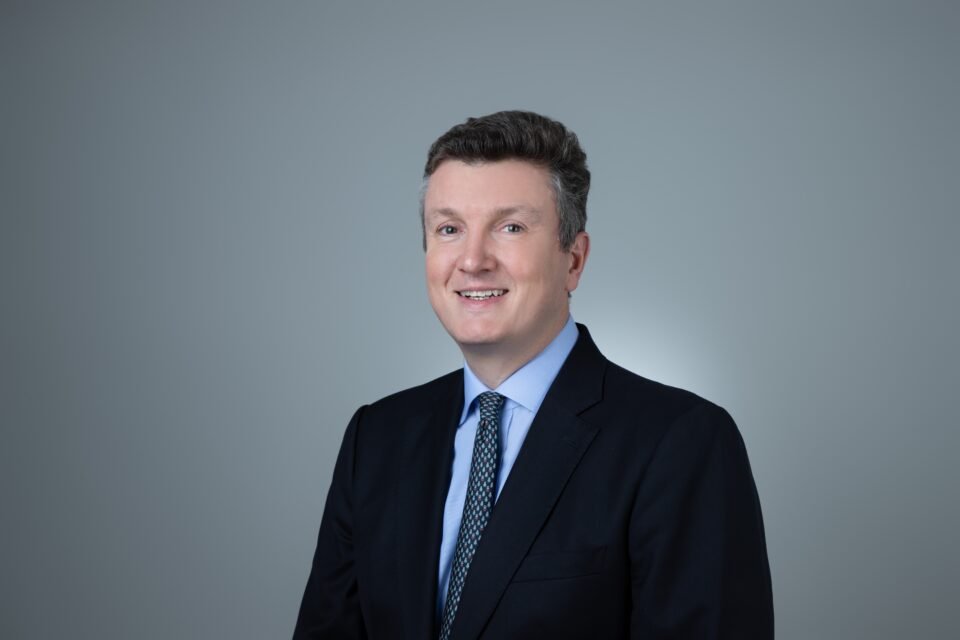Roger Bacon is head of investments for Asia Pacific at Citi Private Bank and has been with the US group for 14 years, having previously headed up Citi Investment Management in the region.
With 31 years of asset management industry experience, he spent the first ten years of his career with JP Morgan Asset Management and its predecessor companies, working in Asia, the UK and continental Europe.
He later worked for a UK multi-family office and then as head of Swiss firm UBP’s hedge fund business in London, before joining Citi.
After selling many of its non-US consumer businesses, the group had $580 billion in wealth assets globally as of 30 September. It does not break out the number now by region or client segment.
Bacon told AsianInvestor about how the product selection setup has evolved since the creation of Citi Global Wealth’s unified platform in 2021.
The interview has been edited for brevity.
Could you give us an overview of the product platform and selection process following the consumer bank sell-off, and how that might have brought any changes?
We now have a more closely globally aligned due diligence engine.
Previously we had three separate due diligence processes: one each for traditional funds for the consumer bank and the private bank, and one for alternatives.
These have now been brought together under one roof. That’s a huge and positive development for us.
We now have a globally integrated mutual fund, alternative mutual fund and hedge fund research engine in New York. The specialists across the mutual funds and hedge funds report in through that vertical, and separately there is the private equity and real estate team.
How much autonomy do the regional teams have?
The teams around the world are responsible for sourcing and evaluating fund managers in their region, whilst being closely aligned with the coverage teams in identifying specific client needs.
They all report into the same global head, but they are the experts on the ground.
What does that all this mean, in practical terms, for the bank and for fund managers?
It should make the fund managers’ lives much easier, because they have a central point; a much more integrated machine at our end.
From our perspective, we have to ensure the products will get critical mass. We want to ensure we don’t end up with a long tail of funds where we have non-material AUM.
That’s not good for us, and it’s not good for the managers. So we are not spending time on products that are not resonating well with clients.
To what extent has private market investing become a bigger focus for you and your clients in recent years?
We’ve had a strong focus on alternatives for 15 years or more, and our platform is fairly equally split between private equity, real estate and hedge funds.
One fairly recent change is that private credit has emerged as its own strategy rather than being embedded within private equity, though it has resonated slightly less well in Asia than in other parts of the world.
Clients here tend to prefer to retain the liquidity of traditional fixed income funds and incorporate some leverage rather than focus on less liquid private credit funds with potentially higher IRRs [internal rates of return].
Is Citi Private Bank looking at tokenisation – converting ownership in private assets into digital tokens on a blockchain – to provide exposure to illiquid assets?
We are looking at it, but with a healthy dose of skepticism. There is a risk that managers contrive liquidity in fundamentally illiquid assets.
The last thing anybody wants some sort of liquidity event in these sorts of funds, where you start to start to see NAVs [net asset values] being suspended.
We don’t want to get our clients into things there where there is a misunderstanding of the actual liquidity level. Of course, it’s critical for us to keep monitoring this rapidly evolving space.
How do you see sustainability affecting what your clients want to invest in and the products you offer?
Our clients are interested when we talk about [sustainable investment], and we spend a lot of our time on what it is, what it isn’t, and how you might want to play it.
But sustainable investment is not a central part of our activity in Asia at the moment; it’s not at the same stage of evolution as in Europe or the US. But it is evolving quickly.
How are the current high geopolitical tensions and widespread global conflict affecting how your clients are allocating and how you advise them?
In the past, a client might have said ‘I want to buy some Asian equities. Which fund do I buy?’
Now there’s been a change, clients are much more switched on to risk.
There’s always been a crisis going on somewhere. But the information flow, the impact of social media, how they respond to these geopolitical issues, the general level of nihilism that is out there, the amount of disinformation and misinformation – all that has intensified.
All this means our role as risk managers is far more important than it ever has been. We need to help clients look through the noise and focus on the fundamental risks, like the US election, war in the Middle East and Ukraine, or US-China tensions.
¬ Haymarket Media Limited. All rights reserved.

